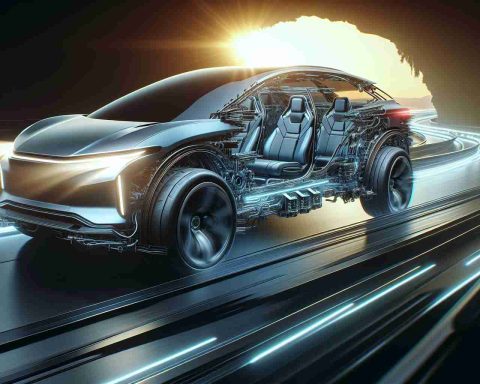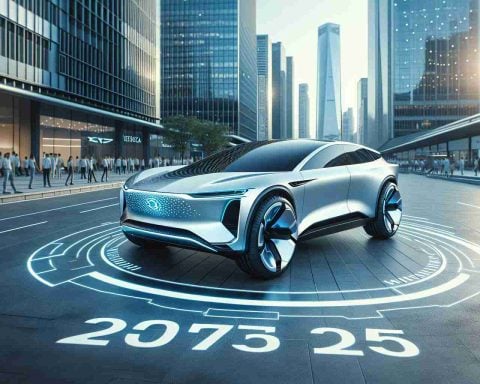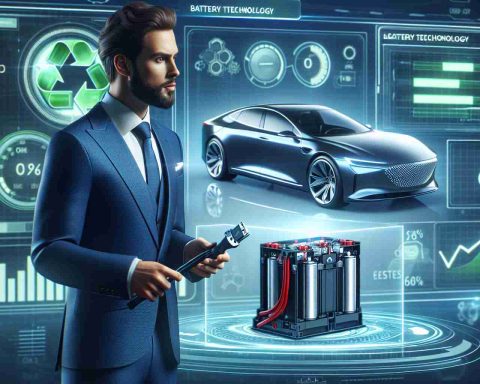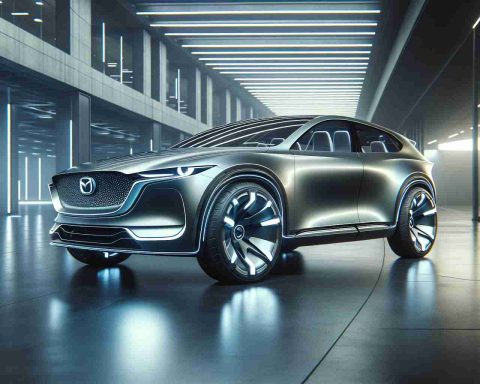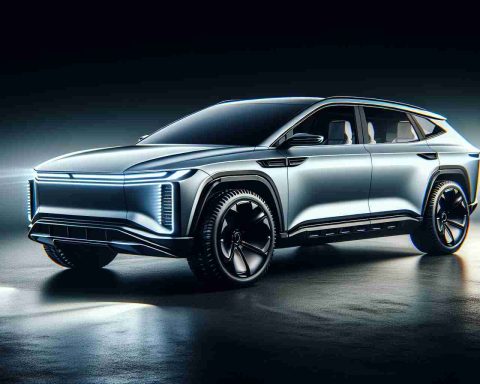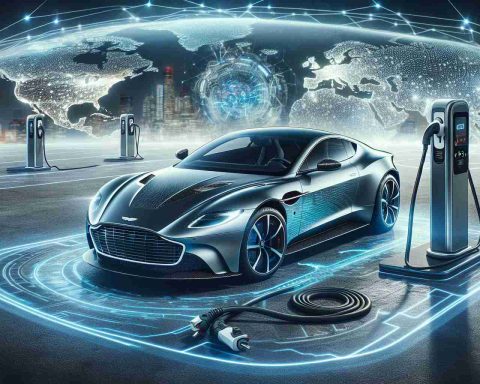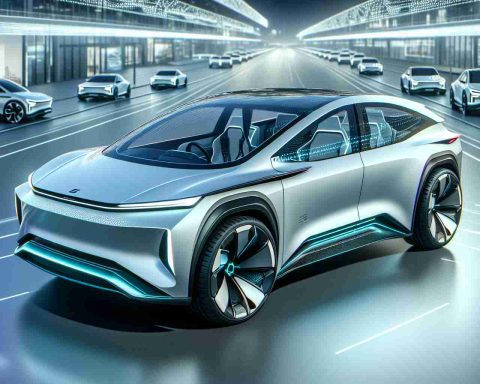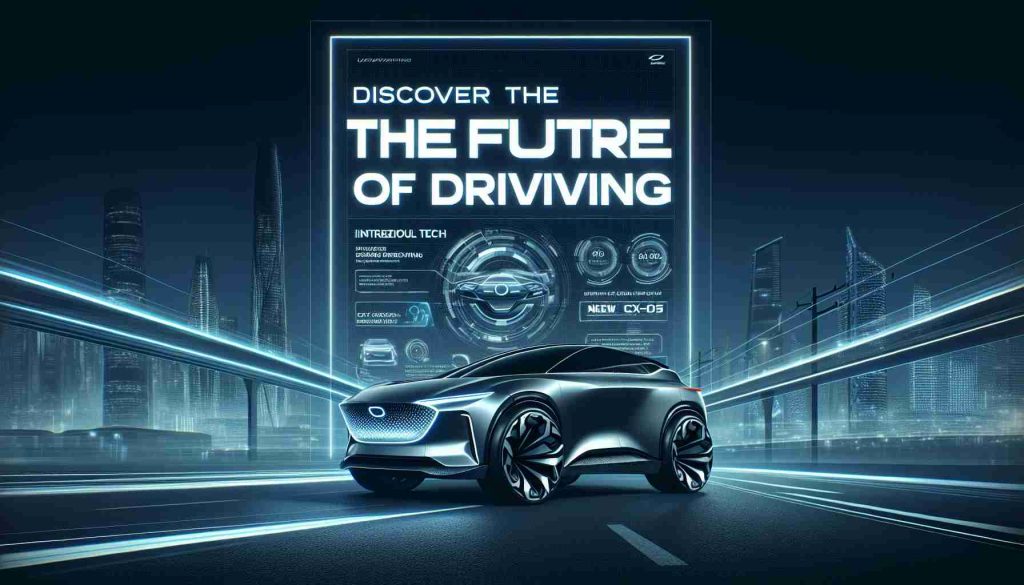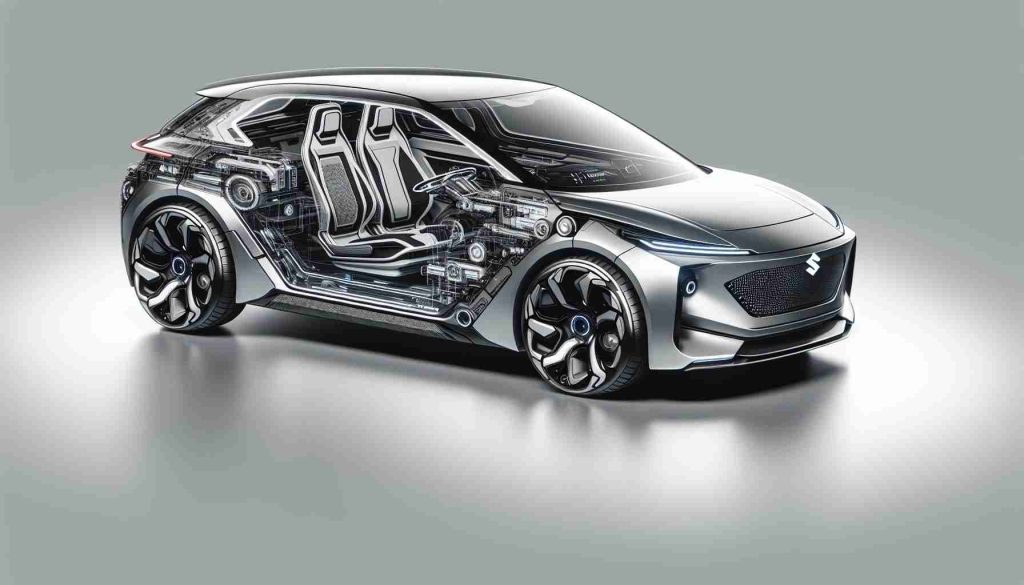- Audi has reversed plans to change its vehicle naming system due to backlash from fans and dealers.
- The automaker decides to retain the traditional naming convention for its models instead of implementing even- and odd-numbered designations.
- Classic names will be preserved, with the upcoming A6 keeping its established title.
- Audi will reintroduce familiar badges to denote different powertrains: “e-tron” for electric, “TFSI” for petrol, “TDI” for diesel, and “TFSI e” for hybrids.
- This decision highlights the importance of simplicity in branding, ensuring customers have a clear understanding of their vehicle options.
Audi has taken a dramatic step back from its controversial plans to overhaul its vehicle naming system, thanks to an unexpected backlash from avid fans and dealers alike. Just months after announcing a shake-up where electric vehicles (EVs) would sport even-numbered names and combustion models odd ones, the automaker has decided to revert to its original naming convention.
The trouble began when the beloved A4 was abruptly renamed A5, leaving many loyal Audi enthusiasts scratching their heads in confusion. In a surprising twist, the new combustion-powered A6, set to roll out soon, will keep its classic name, reversing the trend in a move that prioritizes clarity over confusion.
To differentiate between powertrains effectively, Audi will reintroduce its familiar badges: “e-tron” for electric, “TFSI” for petrol, “TDI” for diesel, and “TFSI e” for hybrids. This decision stems from a solid commitment to ensure customers effortlessly navigate their options.
Interestingly, Audi is no stranger to naming controversies. Back in 2017, the brand faced a similar uproar when it replaced engine designations with abstract numbers, leading to widespread confusion and ultimately forcing a revert.
As fans gear up for the arrival of the new A6 on March 4, Audi’s latest decision underscores a vital lesson: when it comes to branding, sometimes simpler is better. This transition reaffirms Audi’s commitment to its customer base by returning to names that resonate and make sense. Expect clarity, a richer connection, and a future where Audi continues to innovate without losing its identity.
Back to Basics: Audi Revives Classic Naming System Amid Controversy
Audi’s Naming System Reversal: What You Need to Know
In a surprising turn of events, Audi has decided to revert its vehicle naming system to its original format after a backlash from fans and dealers. The automaker had previously announced a new strategy where electric vehicles (EVs) featured even-numbered names, while combustion models had odd-numbered names. This plan was met with widespread confusion after the beloved A4 model was renamed to A5, much to the dismay of its loyal following.
# Key Changes and Updates
1. Return to Classic Naming Convention: Audi will retain traditional names, maintaining the A6 title for its upcoming combustion-powered model, which is set to launch on March 4.
2. Reintroduction of Engine Badges: To help customers differentiate between vehicle powertrains, Audi will bring back its familiar designations:
– e-tron for electric models
– TFSI for petrol engines
– TDI for diesel engines
– TFSI e for hybrid vehicles
3. Commitment to Clarity: Audi’s shift reflects a commitment to customer satisfaction and brand identity, simplifying navigation through their model lineup.
In-Depth Insights
– Market Trends: The back-and-forth on naming conventions highlights a broader trend in the automotive industry where branding plays a crucial role in customer loyalty.
– Pros and Cons:
– Pros: The return to established naming conventions fosters clarity and maintains brand heritage.
– Cons: Frequent changes in naming can lead to brand confusion and mistrust among customers.
– Security Aspects: While not directly related to naming, the clarity in labeling may improve consumer confidence regarding vehicle types and their safety features.
Most Important Questions
1. Why did Audi change its vehicle naming system in the first place?
– Audi aimed to create a clear distinction between electric and combustion models to align with evolving market trends towards electrification. However, the drastic shift caused confusion among its customer base.
2. What are the implications of reverting to the original naming convention?
– The reversal emphasizes the importance of customer feedback in branding strategies. By prioritizing clarity, Audi is likely to reinforce customer loyalty and avoid alienating its fanbase.
3. How do naming conventions affect consumer perception in the automotive industry?
– Naming conventions play a significant role in consumer perception. Clear and recognizable names help customers identify vehicles easily, enhancing brand loyalty and facilitating better purchasing decisions.
Relevant Links
Audi Official Website



